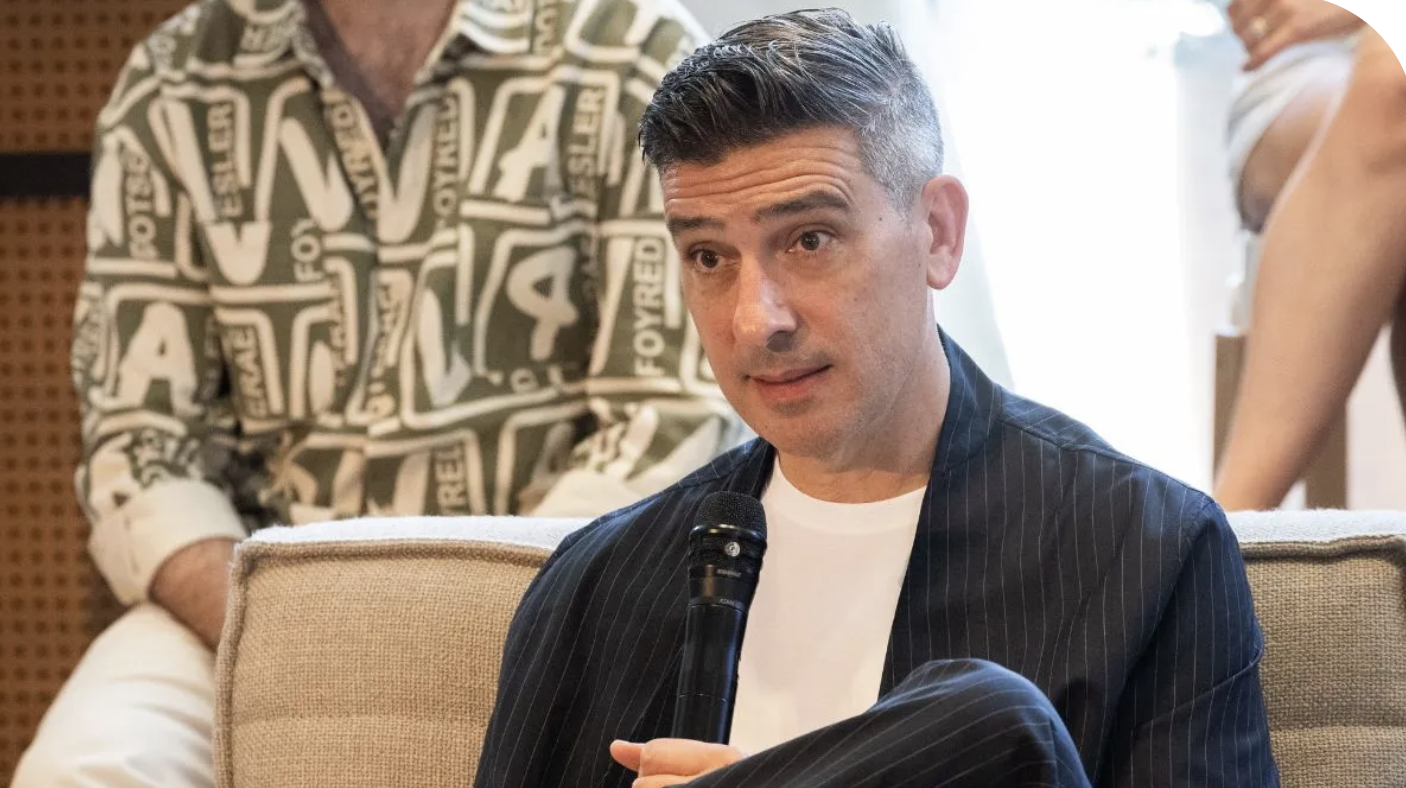At the 2025 Cannes Lions International Festival of Creativity, Bose CMO Jim Mollica made headlines with a deceptively simple but industry-shaking question:
“How incremental is paid Google Search, particularly for branded terms?”
To find out, Bose has done what few major brands dare to do - it has paused its paid search activity in half of its U.S. markets. The aim? To determine whether paid ads on brand-related queries like “Bose Ultra Open Earbuds” are genuinely driving incremental sales, or simply claiming credit for purchases that were going to happen anyway.
This isn't just a strategic test - it’s a challenge to one of digital marketing’s longest-standing assumptions.
Brand Search vs. Generic Search: Understanding Intent
Mollica articulated a point many performance marketers acknowledge privately but rarely act on publicly: not all search traffic is equally valuable.
A generic search like “headphones” reflects a consumer in discovery mode — open to influence, comparison and brand persuasion.
A branded search like “Bose QuietComfort Ultra”, however, often signals that a consumer has already made up their mind.
Paid search tends to perform well on paper in both cases. But in the latter, it may simply intercept intent that organic results or direct navigation would have captured anyway.
And this is a broader industry issue. According to a 2023 study by the UK’s Institute of Practitioners in Advertising (IPA), up to 40% of paid search clicks on brand terms are “non-incremental” - meaning they do not drive new business, only accelerate or claim credit for what would have occurred organically.
Similarly, Analytic Partners reported in their ROI Genome 2024 findings that generic search delivers 2–3 times the ROI of branded search on average, precisely because it reaches consumers higher in the funnel.
A Data-Driven Reckoning for Digital Attribution
The marketing industry’s dependency on last-click attribution models has long been under scrutiny. These models disproportionately credit the final interaction before purchase - often a brand’s own paid ad - without recognising the influence of prior brand-building efforts, social content, or even physical retail exposure.
Mollica’s move to pause search activity is a rare real-world holdout test at scale - a true A/B comparison across markets. It’s the sort of experiment that could finally put hard numbers to long-standing assumptions.
Bose also plans to build an AI-powered incrementality model, combining search data, conversion patterns and offline signals to understand which types of search spend genuinely move the needle.
Marketing Efficiency in a Post-Performance Era
As marketing budgets come under increasing scrutiny, this type of experimentation could soon become the norm.
A 2024 Gartner survey found that 74% of CMOs feel pressured to prove ROI more clearly across all digital channels, with paid search under particular examination.
Despite this, nearly 65% of paid search budgets in the U.S. go toward branded terms, according to Tinuiti’s Q1 2025 Performance Benchmark Report.
If Bose’s test validates Mollica’s hypothesis, it may open the door for a widespread shift in paid media investment — prioritising discovery-based search and upper-funnel brand marketing over what Mollica describes as "advertising to people already in line to pay."
The Implications: Courage, Clarity and Calibration
By asking a provocative but data-led question — and backing it with a meaningful test - Bose is doing what more brands should: questioning the efficiency of entrenched practices. In a digital ecosystem flooded with dashboards and attribution models, true marketing intelligence comes not from more data, but from better-designed experiments.
For marketers, this is a wake-up call: it may be time to stop paying for the illusion of performance and start investing in actual impact.
Final Thought
As the Bose experiment unfolds, the results could redefine how brands worldwide view search investment - especially in an era where every marketing pound must pull its weight.
Sometimes, progress in marketing doesn’t come from adding more tech or spend - but from pausing, observing, and asking the uncomfortable question:
“What if we’ve been measuring it all wrong?”
